Microsoft have gone and done it again, announcing the intended acquisition of Activision Blizzard in a move that will have a potentially huge impact on the future of the games industry. What does this really mean though? Will Call of Duty now be an Xbox exclusive?
The Deal of the Century?
First things first, the deal itself is huge. Microsoft and Activision Blizzard’s respective boards have agreed to a sale worth a whopping $68.7 billion. That’s just stupid money. That’s the kind of money that we used to only really see with the fundamentals of everyday life, when mobile phone companies merge or separate, when energy companies combine, when car manufacturers or pharmaceuticals unite.
That thinking is old hat now. The tech and entertainment companies are coming and they want to own… stuff. Just all the stuff, please. Yeah, more stuff. Who doesn’t love having loads and loads of stuff? Disney certainly likes having stuff, having picked up Marvel on the cheap and turned its properties into a never-ending stream of films and TV shows, then snagged Star Wars for a now laughably small $4 billion, and eventually setting its sights on beefing up its new streaming service by acquiring media rival 21st Century Fox for $71.3 billion in 2018. In the realms of video games, we have widespread investment from Chinese conglomerates, we have Embracer Group buying up everything in sight, and Sony and Microsoft both seeking to expand their first party studios.
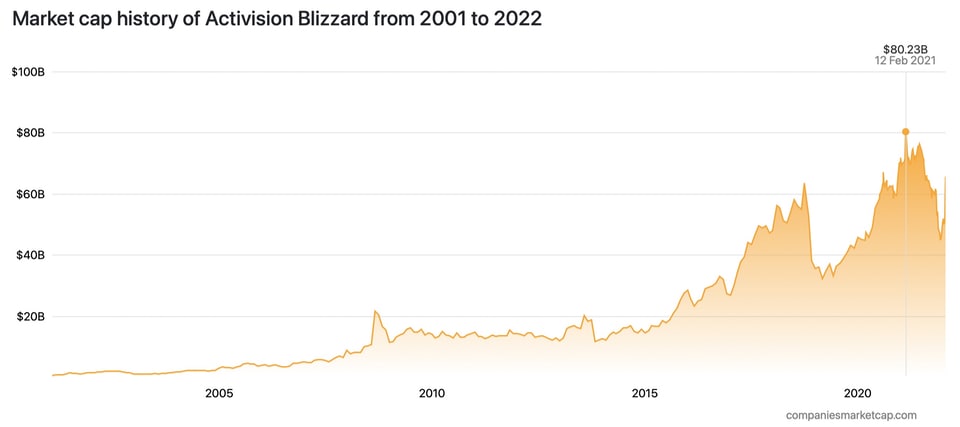
Stonks.
$68.7 billion might feel like a huge sum for Activision Blizzard, but it’s actually a good deal for Microsoft. ABK has exploded in value over the past decade, making it a part of the S&P 500 index which charts the 500 biggest companies in the US. This time last year, Activision Blizzard’s market cap was about to hit an all-time high of $80 billion on 12th February 2021, though typically hovering around $70 billion for the first half of the year.
It hasn’t stayed that way, though. Something happened around the middle of 2021 that saw the company’s valuation slide from that $70 billion mark to under $50 billion. Part of that is purely financial – delays to game releases from Blizzard amongst them – but another part is the scandal that has surrounded the company like someone filled Bobby Kotick’s pockets with rotten eggs.
How can Microsoft make this money back?
Simply put, they don’t need to. Activision’s 2020 revenue was $8 billion, but their operating income was $2.7 billion. At that rate, it would take 25 years to make the money back… but that’s really beside the point for Microsoft. This is about key, strategic content that gives them a further competitive advantage in a growing market.
Oh, and Microsoft had $120 billion in the bank in 2020 and an operating income of $70 billion in 2021. They have plenty left over…

(Image credit: Bloomberg / Getty Images)
Will he stay or will he go?
Microsoft’s willingness to acquire Activision Blizzard means that they’re prepared to take on the job of cleaning up its reputation. For the time being, the company will continue to be run as normal by CEO Bobby Kotick and his team as they navigate lawsuits, striking workers and unionisation efforts. They have to carry on business as usual until the deal is approved.
While the company has taken steps, ousting over 40 individuals in recent months for transgression, declaring a zero tolerance policy, and promising to make contracted workers full time, there’s still more work to be done. Kotick himself is a part of the problem, having previously drawn criticism for cutting the company’s workforce despite record profits in 2018, and also having allegedly been aware of allegations and done nothing to address them.
The wording of the deal’s announcement states that Kotick will carry on, though certainly leaves the door open for him to leave as soon as the purchase is approved and completed or after a transition period. His position and reputation don’t feel tenable as a part of Microsoft and reports suggest that he is to leave after any deal is concluded. I’m sure some will be hoping the door hits him on the arse on the way out.
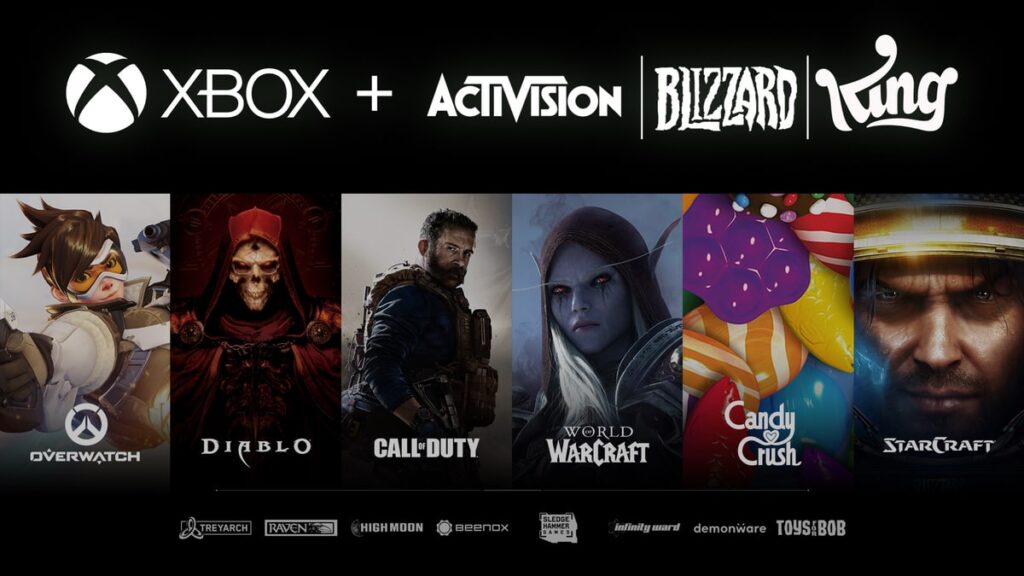
Will everything go Xbox exclusive?
Maybe? We just don’t know at this point, with Phil Spencer’s only comments so far being that he hopes to bring as much of Activision’s back catalogue into Xbox Game Pass as soon as possible. However, we can look at the company’s track record here.
For one thing, Xbox has allowed recent acquisitions to see out their various contracts and obligations, from Psychonauts 2 coming to PS4 and Deathloop being a timed PS5 exclusive. Additionally, existing game releases have also been allowed to continue on, so Minecraft is available on every platform imaginable. However, exclusive content drives attachment, and that’s why Bethesda’s Starfield will be exclusive.
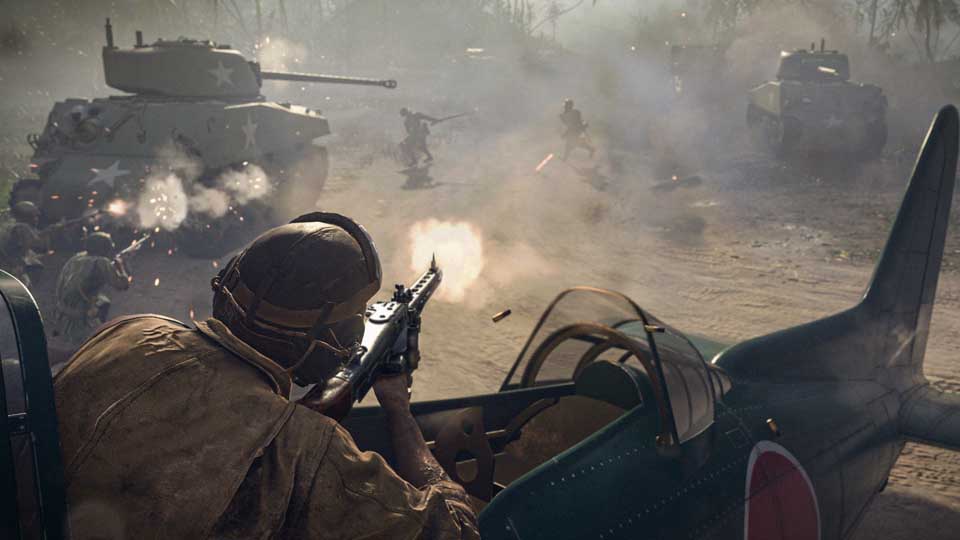
Will future Call of Duty games be Xbox exclusives?
Looking at Activision’s portfolio, we can speculate that they’d pick and choose different approaches depending on the game and franchise. Call of Duty: Warzone is a free-to-play offshoot that needs to reach as many people as possible, but that could go hand in hand with future paid games in the franchise becoming Xbox exclusive.
Similarly, Overwatch 2’s unusual release plan as a semi-expansion to Overwatch could get the blue light to come to PlayStation, as it’s building on an already released game. Diablo IV, though? Bet on that being an Xbox exclusive if the release comes after the finalised acquisition.
The one thing we can definitively say is that everything will be thrown into Xbox Game Pass.
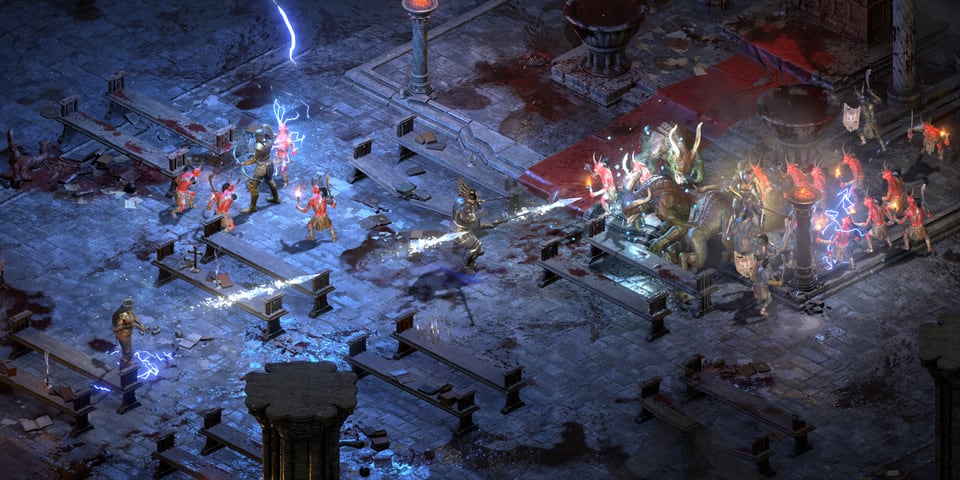
Diablo II: Resurrected is the latest remaster from Blizzard’s heyday.
Will we get the “old” Blizzard back? And what about Activision?
In a word, no, but first I have to explain the question. Many fans have become disillusioned with some of the decisions that Blizzard have made over the past decade. There’s a feeling that the company has become too corporate and lost touch with its fans when announcing things like the mobile-only Diablo Immortal, the disappointing rushed release of Warcraft III: Reforged, and subsequent disbanding of the team that worked on it.
There’s no putting a genie like that back in the bottle, and considering some of the rot that was revealed last year, I don’t think we want that genie back. Blizzard will still remain a part of Activision Blizzard, which will be a separate division under Xbox, but there might not be the same push to hit release targets that could help restore some of the “when it’s ready” ethos that led to them striking gold with World of Warcraft and Overwatch.
Similarly, the pressure could be lifted on Activision’s Call of Duty content mill. Needing a new COD every single year means that Activision now has pretty much every one of their studios making content for this franchise. That’s a crying shame when Toys for Bob has just shown what they can do with Crash Bandicoot 4, and Vicarious Visions (now a part of Blizzard) revived Tony Hawk’s Pro Skater 1+2 to great acclaim. Microsoft’s acquisitions so far have been to secure a diverse portfolio, and on the Activision side of the company, that’s not currently what’s happening.
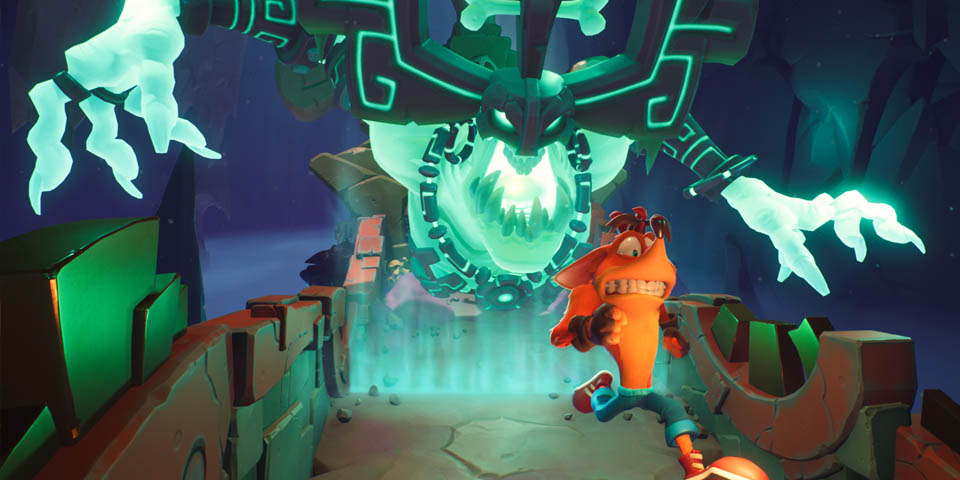
Could we see studios currently working on Call of Duty go back to their own development projects?
Will the acquisition be approved?
This is the big question, and while there is increasing scrutiny over tech companies making huge purchases like this, I can’t see it being blocked by the European Commission or the US Securities and Exchange Commission that will be looking into the impact that this will have on the games industry. In particular, they’ll be looking at the rulings they received when acquiring Bethesda.
Yes, the deal is almost ten times the size and the revenue that Activision Blizzard generates is much greater, but the argument will be that this does little to nothing to harming the diversity of games on offer across the industry and across competing platforms, and that Microsoft aren’t buying an erstwhile competitor. PlayStation will likely remain the dominant platform for the foreseeable future… though if Call of Duty goes Xbox exclusive, who could say what the future holds?
- "
- 2020
- 2021
- 7
- acquisition
- acquisitions
- across
- activision
- Activision Blizzard
- ADvantage
- All
- allegedly
- Announcement
- Announcing
- approaches
- approved
- around
- available
- Bank
- bet
- Biggest
- Billion
- Bloomberg
- Bobby Kotick
- Building
- business
- Buying
- call
- Call of Duty
- Call of Duty: Warzone
- car
- Carry On
- ceo
- Charts
- chinese
- Cleaning
- coming
- comments
- commission
- Companies
- company
- Competitive
- Competitor
- content
- continue
- contracts
- corporate
- Crash
- credit
- Crying
- deal
- delays
- despite
- Development
- different
- Disney
- Diversity
- Eggs
- energy
- Entertainment
- Ethos
- European
- european commission
- exchange
- Exclusive
- Expand
- films
- financial
- First
- Franchise
- full
- Fundamentals
- future
- game
- Gamers
- Games
- Games Industry
- Gold
- good
- great
- Group
- Growing
- having
- here
- High
- hoping
- HTTPS
- huge
- i
- image
- Impact
- Income
- index
- industry
- investment
- IT
- Job
- Key
- latest
- Lawsuits
- Led
- light
- love
- Making
- mark
- Market
- Market Cap
- Marvel
- Media
- Microsoft
- Minecraft
- Mobile
- mobile phone
- money
- months
- more
- move
- offer
- open
- operating
- P
- People
- pharmaceuticals
- platform
- Platforms
- playstation
- Plenty
- policy
- portfolio
- pressure
- Pro
- projects
- ps4
- ps5
- purchase
- purchases
- RE
- record
- release
- released
- Releases
- Reports
- Revealed
- revenue
- Rival
- Run
- s
- S&P 500
- sale
- Securities
- Securities and Exchange Commission
- Service
- setting
- Size
- small
- So
- Sony
- Star Wars
- States
- stay
- Strategic
- streaming
- streaming service
- subsequent
- tech
- Tenable
- The
- Thinking
- time
- tolerance
- touch
- track
- tv
- unusual
- us
- Valuation
- value
- Vicarious
- Video
- video games
- Warzone
- What
- WHO
- Work
- workers
- Workforce
- working
- world
- worth
- xbox
- year
- years
- zero











